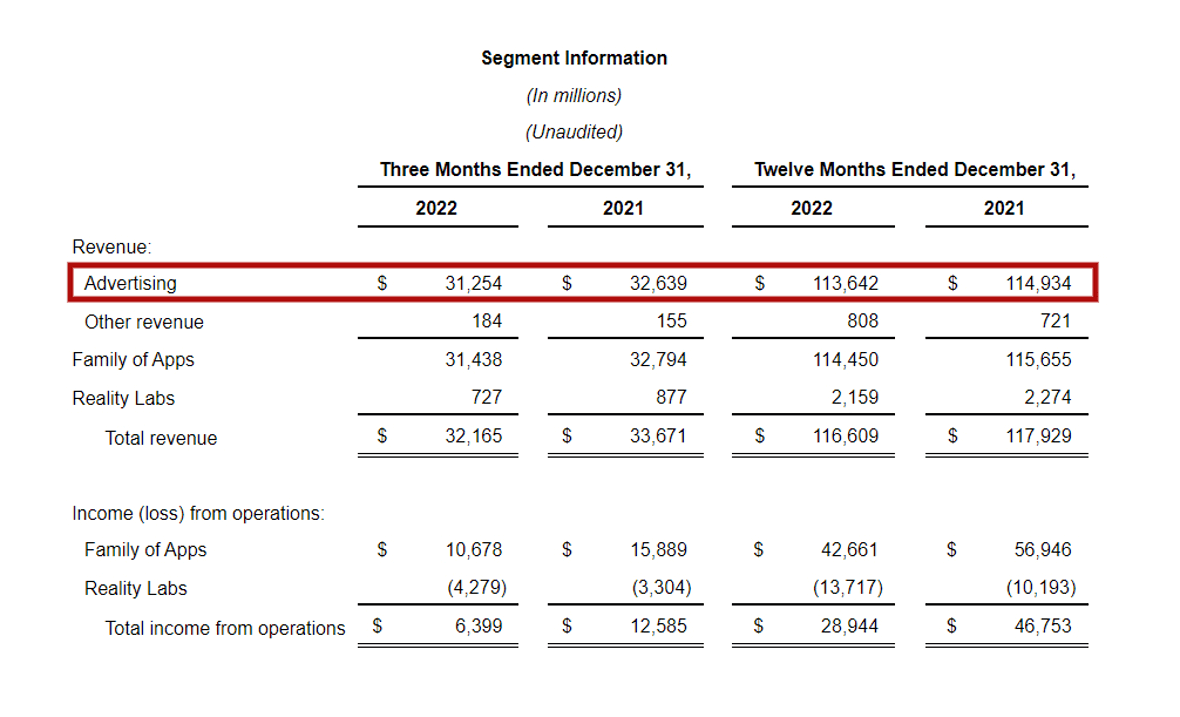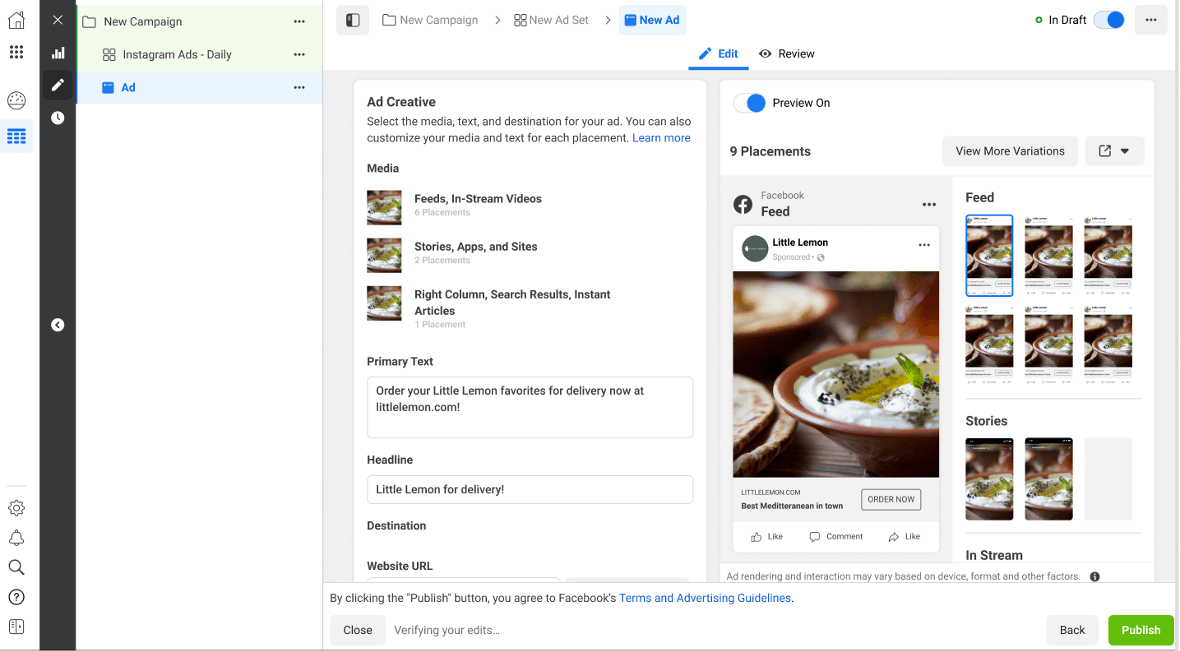In yet another example of how laws shape technology in different regions, Meta could soon release a paid plan for Facebook and Instagram solely for Europe. The news, initially reported by the New York Times, is considered to be part of Meta’s strategy to continue offering its product to its second most profitable market area, known for its strict technology and privacy laws.
According to the New York Times, 3 people “with knowledge of the company’s plans” assure that Meta is considering paid versions of Facebook and Instagram. Users who sign up and pay for these premium plans will see no ads in their social media experience.
How paid versions of Facebook and Instagram would work
Paid, ad-free versions of Facebook and Instagram would only be available for users in the EU. Free versions of both platforms would still be available, according to the sources of the New York Times.
At the time, the projected cost of paid versions of Facebook or Instagram is unknown. What we do know is that the new Threads app — competing intensely with Twitter, now known as X — has still not been launched in Europe due to data privacy concerns.
Another sign that Meta is shifting its business model
Meta’s primary revenue income is sourced from delivering personalized ads, a service used by hundreds of thousands of companies seeking to reach users through the most widely used social media networks.
Meta can deliver personalized ads efficiently because it collects personal data from Facebook, Instagram, WhatsApp, and other sources. They then use that data to understand users’ behaviors and interests and allow anyone to create hyper-personalized ads directly on the Meta Ads Manager. But as consumers become increasingly more concerned about how big tech uses their data, not just in Europe but globally, Meta has seen a drop in ad profits.

Mark Zuckerberg’s metaverse project and the Meta Store, where the company sells products like the Ray-Ban Stories glasses, MetaQuest VR goggles, VR experiences, and VR apps and games, are clear signs that the company is seeking new sources of revenue. The new Threads app is also an effort to search for new markets.
The “confidential” paid versions of Facebook and Instagram reported by the New York Times through mysterious unnamed sources that seem to be testing the waters is another move in the same direction. But this project likely seeks to kill two birds with one stone. On the one hand, it may serve to smooth over the tense relationships Meta has with European laws. On the other hand, it presents a new product that does not require ad-based revenue to generate a profit.
The reason? EU privacy laws
Laws within the EU affecting tech companies and Meta include the 2018 General Data Protection Regulation, known as the GDPR. And Meta has had trouble with this particular law several times.
Privacy Affairs data reveals that with a total of $2.5 billion in fines so far, Meta fines account for more than 50% of all financial penalties applied by the GDPR. The company also tops the list of the most recent and most expensive fine, with the historical 1.2 billion euro fine issued by Irish regulators for “unlawful data transfer of EU personal data to US servers.”

With total yearly revenue in 2022 of about $116.1 billion, even the latest fine is a slap on the wrist for Meta. However, the legal landscape of Europe is about to grow even more complicated for the company. The recently enacted 2022 Digital Services Act, the upcoming Digital Market Act, and the EU AI Act are expected to put big tech and Meta under increased pressure in the region.
Will Meta’s plan stand in court?
Reports indicate that digital services may diverge depending on the region in which they are being offered. Already, experts are questioning whether paid versions of Facebook and Instagram represent the correct solution for complying with EU regulations.
Even if paid versions comply with EU laws, the free versions of Facebook and Instagram will still need to meet European legal standards. Furthermore, by offering compliant app versions that are only accessible to paid customers, Meta risks alienating the courts, which are historically firm about upholding the rights of all EU citizens, not just those who pay for apps or services.
A new paid version of Facebook and Instagram could very well be on the way, as it would benefit Meta in a variety of ways. Many have welcomed the company’s initiative and intentions to comply with EU regulations. But, due to the nature of social network sites and how they handle data, it’s a safe bet that there will be further legal news regarding Meta in the region.






